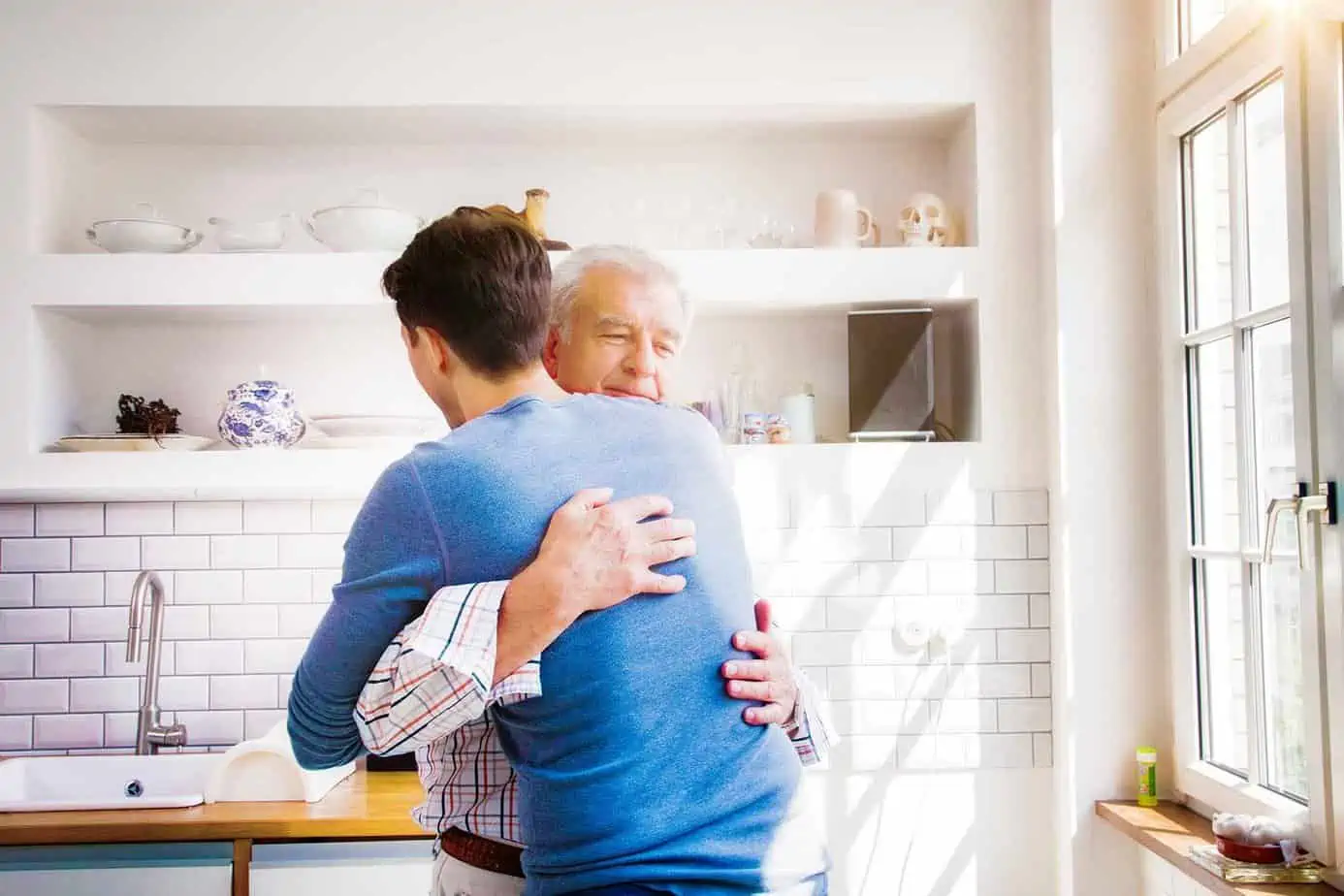It’s hard to know what to do when a loved one is suffering with an addiction to drugs or alcohol, and so, most families and friends think they can “help” the addicted person until he or she can get back to “normal.”
Acting out of sympathy and sincerity, family members and friends who often think that they are supporting their loved one may in fact be enabling their addiction. They instinctively try to rescue the addicted person from themselves by fixing their circumstances and may wind up sharing the addicted person’s feelings of shame.
Helping someone with an addiction means realizing you didn’t cause your loved one’s addiction, you can’t cure it, and you can’t control the addiction. Sometimes, trying to control the addiction looks a lot like “helping” the addicted person. If you have done the following, chances are you may be enabling your loved one’s addiction:
- Making excuses for the addicted person, e.g., calling in to work for them
- Giving them money to pay their bills, e.g. gas, rent, food
- Bailing your loved one out of jail
- Believing the lies and/or excuses that the addicted person makes
- Ignoring the abuse and its consequences altogether
- Allowing the addicted person to live at home until they “get back on their feet”
So What Should You Do?
So what’s the alternative? Something that will be painful to do: letting go. Your loved one will likely lose jobs, have serious legal trouble, live in squalor as well as suffer all kinds of mental, physical, and emotional stress. It’s not comfortable to watch as the person you love struggles through this. Your first instinct will be to desperately want to do something to help, but doing so impedes the addicted person from getting to the point that he or she realizes the need for a change.
In order to let go, you are going to need a support system. Addiction affects everyone, not just the one addicted. It is important for you to speak with people who understand what you are going through. Al-Anon, Alcoholics Anonymous, and Narcotics Anonymous are great support groups that can help you understand the steps you need to take to help the one who is addicted.
In addition to building a support system, it’s equally as important that you prioritize your self-care, which most likely has gotten lost in the pursuit of supporting your addicted family member. Now, is the time to regain connection with positive people, places, and things, so you can create space for your own recovery journey and start your own healing. This way you will be the healthiest you can be for when and if your family member chooses to surrender to this disease, engage in treatment, and own their recovery. You will both be able to support each other through supporting yourselves.
Bottom line: enabling an addiction is not helping but hurting everyone involved.
If you or a loved one is struggling with addiction, Mountainside can help.
Click here or call (888) 833-4676 to speak with one of our addiction treatment experts.

 By
By 







